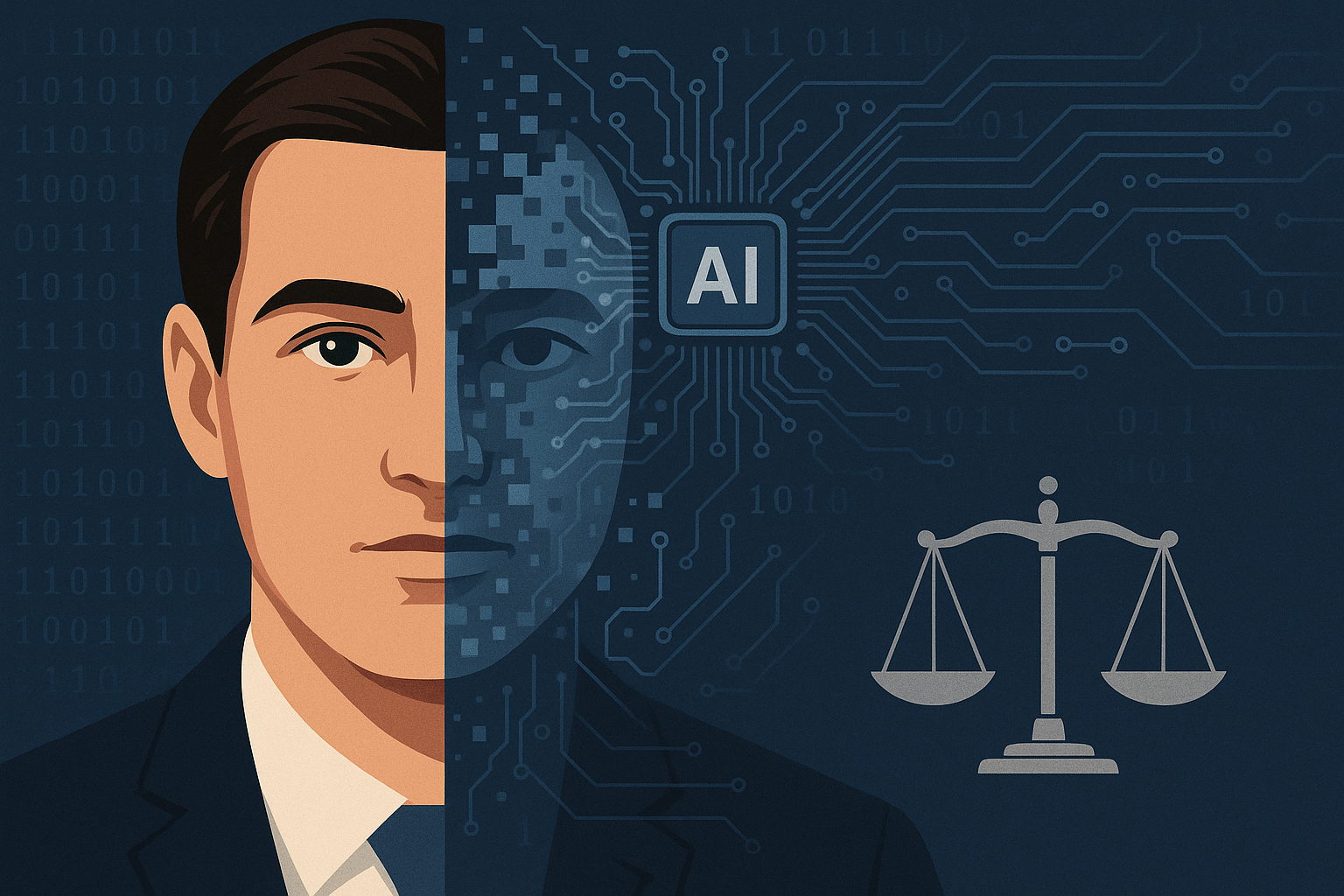
Blockchain in the Service of Evidence in Intellectual Property
September 26, 2025
Overview of Customs Enforcement Actions in Europe for 2024: Prioritize Monitoring of Your IP Rights
October 23, 2025
Artificial intelligence, now at the center of every discussion, is taking up more and more space in our lives.
This technological (r)evolution, both recent and rapid, is already transforming our habits — sometimes serving as a writing and creative tool, sometimes as a personal assistant, sometimes as an all-knowing encyclopedia, and much more. Yet, as often happens, it comes with a darker side.
It did not take long for malicious individuals to exploit AI for various scams. One of the most spectacular and worrying uses is the creation of deepfakes (or “hyperfakes,” for those who prefer the French term).
This practice consists of artificially reproducing a person’s face, voice, or more generally their distinctive features — obviously without their consent.
Saint Thomas would turn in his grave, unable to believe what he sees!
In response, the European Union has equipped itself with a legislative tool requiring that AI-generated content — including deepfakes — be identified with a watermark stating that it was produced by artificial intelligence.
Violating this rule may expose a company to fines of up to 15 million euros or 3% of its global turnover. These penalties are significantly increased in the case of prohibited practices (for example, a deepfake intended to manipulate the public).
Deeming this approach insufficient and determined to better protect its citizens, Denmark went further this summer by adopting a law granting individuals copyright over their own image, effectively making a person a protected work simply by virtue of their existence.
As a result, a Danish citizen can exercise a right of withdrawal, request the deletion of unauthorized content, or even claim financial compensation.
This law, passed by the Danish Parliament, undoubtedly strengthens individuals’ rights against AI and the malicious uses that can be made of it.
But what about us, the French? Are we left at the mercy of online scammers and identity thieves?
Rest assured — French lawmakers have long put in place a set of protective rules for individuals, well before the rise of AI. Among them:
-
Article 9 of the French Civil Code, guaranteeing the right to privacy;
-
Articles 16 and following, concerning the dignity and respect of human beings;
-
The well-known Article 1240, establishing liability for damages caused by another;
-
And more specifically, criminal law provisions prohibiting the sharing of any AI-generated visual or audio content — such as deepfakes — without the consent of the person represented (punishable by 1 to 2 years in prison and fines of €15,000 to €45,000).
The law also provides for stricter penalties for pornographic deepfakes.
Although Europe is not yet at the forefront of AI development, it once again demonstrates its ability to respond to technological change with a solid set of legislative measures.
And this northern European country — Denmark — has proven Shakespeare wrong by showing that there is, indeed, nothing rotten in the state of Denmark.
– Philippe BOHLAND, Trademark Attorney and Partner at Mark & Law



